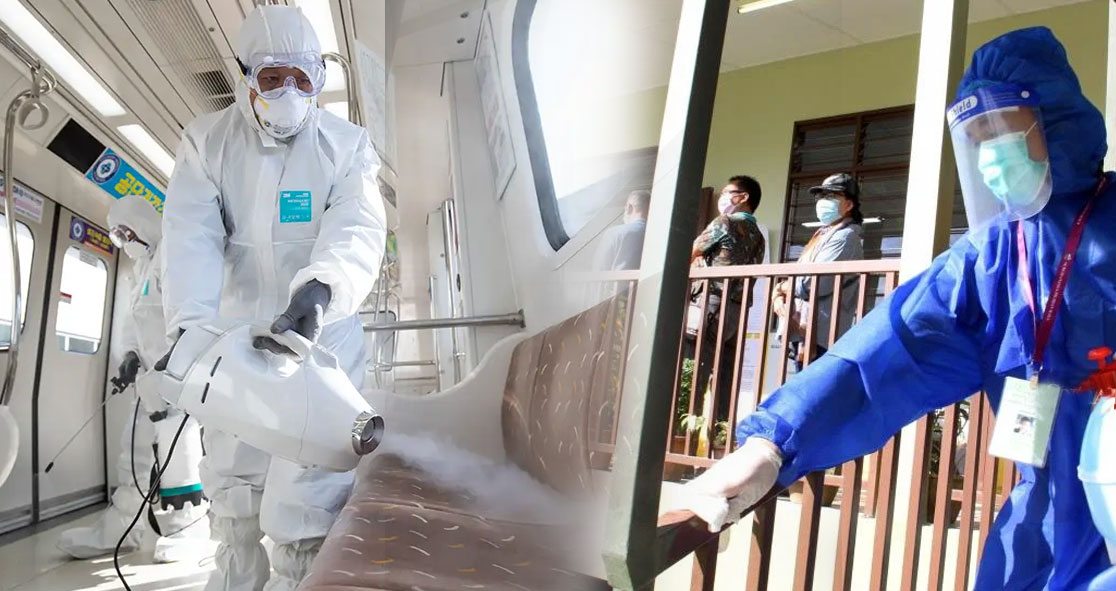A new study conducted by Australian researchers has found that the SARS-CoV-2 virus, which causes COVID-19, can survive for up to 28 days on surfaces such as the mobile phone glasses, stainless steel, vinyl, and paper banknotes.
The Commonwealth Scientific and Industrial Research Organisation (CSIRO), an Australian Government agency, said the study, which was undertaken at the Australian Centre for Disease Preparedness (ACDP) in Geelong, also found that the virus survived longer at lower temperatures.
The agency said the virus survived much longer on paper banknotes compared to plastic banknotes. It also said the virus lasted longer on smooth surfaces rather than porous surfaces like cotton.
However, the study was conducted in a dark area, which negates the effects of UV light.
Prof. Peter Collignon of the Australian National University said UV light reduces the life of the virus on surfaces.
He said, “It is a factor, and that’s why the outside is probably again safer than inside because UV light is there and the virus can be inactivated on playgrounds and things in the sunshine.”
However, it is unclear how large surfaces play into the viral transmission.
Prof. Collignon explained, “[The study] shows you that virus can persist … but if you ask me in the total scheme of things how important I think hands are compared to being close to people who are sick and getting it, I would say 90% of the problem and the transmission is related to being close to people who cough over you or sneeze over you or send you droplets. Probably around 10% of transmission is likely to be just hands and surfaces.”
“But I still think it’s a good idea to wash your hands before you touch your face,” he added.
The study, published in the Virology Journal, also found SARS-CoV-2 lasted 10 days longer than influenza on some surfaces.
CSIRO CEO Dr. Larry Marshall said identifying how long the virus can survive on surfaces helped researchers to more accurately predict and prevent its spread.
Dr. Debbie Eagles, Deputy Director of ACDP, said the findings suggest the need for precautionary measures such as regular hand washing and cleaning surfaces.
“At 20C, which is about room temperature, we found that the virus was extremely robust, surviving for 28 days on smooth surfaces such as glass found on mobile phone screens,” Dr. Eagles said.
Similar studies for influenza have found that it survived on surfaces for up to 17 days.
“While the precise role of surface transmission, the degree of surface contact and the amount of virus required for infection is yet to be determined,’” Dr. Eagles said, “establishing how long this virus remains viable on surfaces is critical for developing risk-mitigation strategies in high-contact areas.” ACDP Director, Prof. Trevor Drew, said the study might help “explain the apparent persistence and spread of SARS-CoV-2 in cool environments such as meat processing facilities and how that might be better addressed.”























